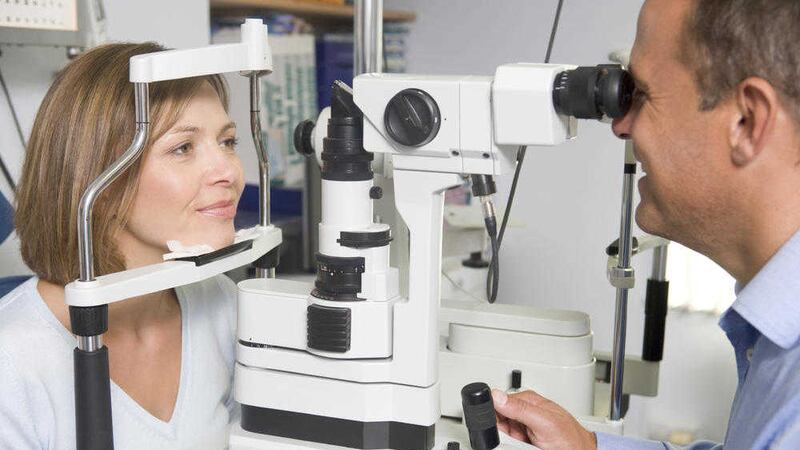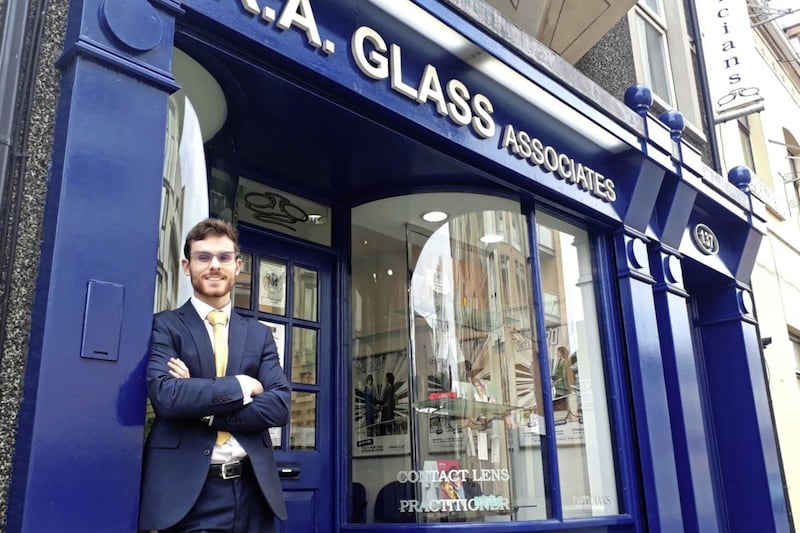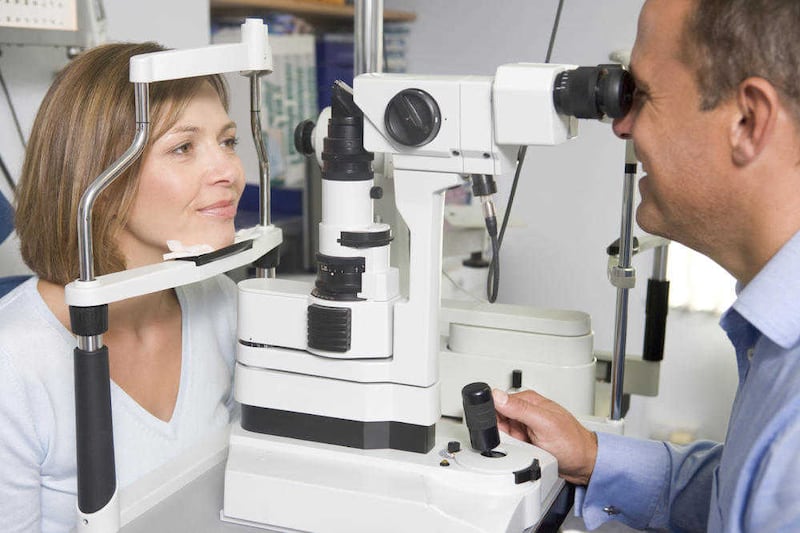IT is estimated that six out of 10 people in Northern Ireland wear either glasses or contact lenses – so it makes sense to have your eyes tested by an optometrist, not only to see if you need either of these but also to keep tabs on your ocular and overall health.
Everyone should get their eyes tested every two years – annually for younger and older age groups; the tests are are NHS-funded for many people.
A test ensure that you are seeing as well as possible but it will also pick up many treatable eye and general health conditions. Eye conditions, such as glaucoma and macular degeneration are long-term and need ongoing treatments and follow-up monitoring.
Early detection means early treatment, which usually improves outcomes, delaying or halting potential sight loss. If you are a contact lens wearer, regular after-care appointments are very important and will pick up any problems at an early stage.
As well as getting your eyes tested regularly, here are my recommendations for keeping your eyes healthy:
:: Mascara: For your eyes only
A mascara tube is one of the cosmetic products that is most susceptible to bacterial infection – the warm, dark, moist environment is the perfect environment for bugs and nasties to flourish. Sharing increases the risk of cross-contamination, so don’t do it.
:: Ditch the smoky eye look
The eyes may be the window to your soul but they can also reveal damage caused by lifestyle choices. Smoking is a significant risk factor for sight loss, with smokers being four times more likely to have macular degeneration. So when making your health and lifestyle choices always consider the impacts for your eyes too.
:: Avoid 'quick fix' eye brighteners
Hailed as a “treatment” for styes and pinkeye, watering eyes and even cataracts, shop bought ‘eyebright’ products contains ingredients that shrink blood vessels on the whites of eyes. This gives a short term boost to make give a more bright-eyed appearance. But the constriction also reduces oxygen, nutrients and protective defence agents supply to the eye’s structures. After the effect of the drops has worn off, the eyes will literally ‘cry out’ for more oxygen, causing the blood vessels to dilate….and making the eye even redder than before.
:: Be sun savvy
We all look forward to longer spring days giving way to sun-filled summer skies (we can live in hope). Remember, however, the risks of sun exposure not only to the skin but also to the eyes. Ultra-violet (UV) light damages the eyes, causing potential problems at the cornea, lens and retina. Protect against this by choosing sunglasses that protect against UV rays and which have the certification stamp to prove it.
:: Beware of laser pointers
Commercially available lasers can visually disable and even cause permanent sight-impairment. The recent case of a Virgin flight returning to Heathrow focused attention on the dangers, but less well known is the fact that eye specialists are now seeing more and more patients, often children, with retinal laser burns. Laser pointers are not a toy – treat with care.
:: Your family matters
Make an effort to find out and know if there are any hereditary or other eye problems in your family and, if there are, be sure to tell your optometrist.
Remember, your eyes are precious and they don’t look after themselves. Make the most of them, and help to keep sight for life. To find an optometrist, visit http://servicefinder.hscni.net/.
:: Raymond Curran is an optometrist and head of ophthalmic services at Northern Ireland's Health and Social Care Board.








